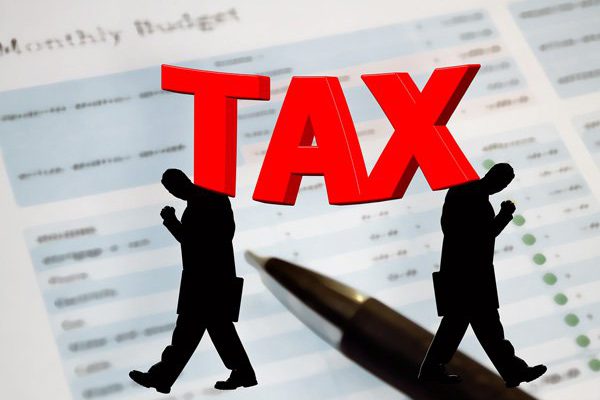
TAXATION AND INFLATION
Dr. Nisha Singh
Taxation is a very broad term. It includes income tax, wealth tax, estate tax, and gift tax of individuals, partners, trusts, and corporations. Since the study of all taxes would be unreasonable, this study is limited to those aspects of corporate and individual income tax laws where tax incentives would be more effective for encouraging investment and production. In my opinion, they are the:
1. Tax treatment of depreciation.
2. Tax treatment of capital gains,
3. Tax treatment of accumulated earning
4. Tax treatment of corporate earnings
The relationship between tax laws and inflation is indirect. Tax laws have an impact on inflation through their influence on investments and production. Therefore, in this study, an attempt is made to examine in detail the relationship between tax law changes, the level of investment, and the productivity growth rate.
Tax law changes and tax policy changes are separate fields of study. Every attempt is made to distinguish tax law changes from tax policy changes. However, the tax laws are necessary concomitants on the tax policy and both significantly influence each other. Hence, a detailed discussion of tax laws and the tax policy matters, in this paper is unavoidable.
Taxation can affect economic performance through two basic mechanisms. First, an appropriate tax rate can result in higher rate of savings and investments. Second, taxation can encourage resources to shift from less productive to more productive sectors and activities, thus resulting in the overall efficiency of resource utilization and increased productivity.
A more effective tax system is one that attempts to control inflation rather than alleviate its effect with an across-the-board tax cut or indexing income. The inflation rate essentially depends on productivity trends which, in turn, can be improved by reducing the cost of capital and stimulating productive economic activities. It is now beyond doubt that taxation can be used for stimulating and regulating economic growth. Therefore, in addition to other political and economic measures to control inflation, an appropriate tax policy should be implemented to encourage capital formation and foster economic growth. The tax policies of the United States and India are oriented on capital formation and economic growth. However, the structure of tax laws in both countries is somewhat ineffective to materialize respective tax goals. Hence, tax laws in the United States need be amended to facilitate the objectives underlying the tax policies.
Summarily, the main issue to be examined here is: can changes in tax laws which provide incentives for investment in productive-type assets control inflation? It is concluded: Yes, changes in tax laws can help control inflation. Tax laws changes can stimulate capital formation and productivity growth which, in turn, can reduce impact of inflation.

